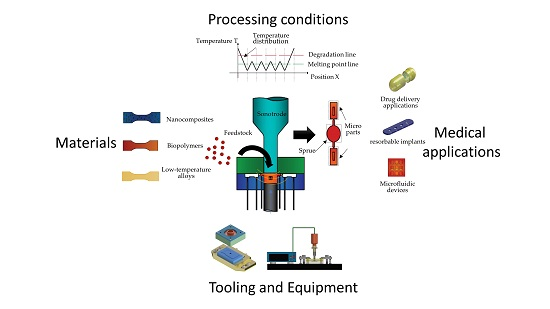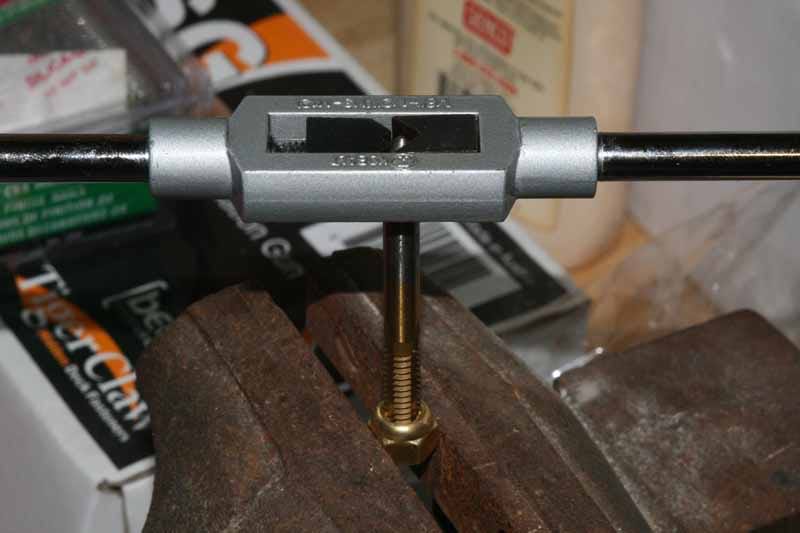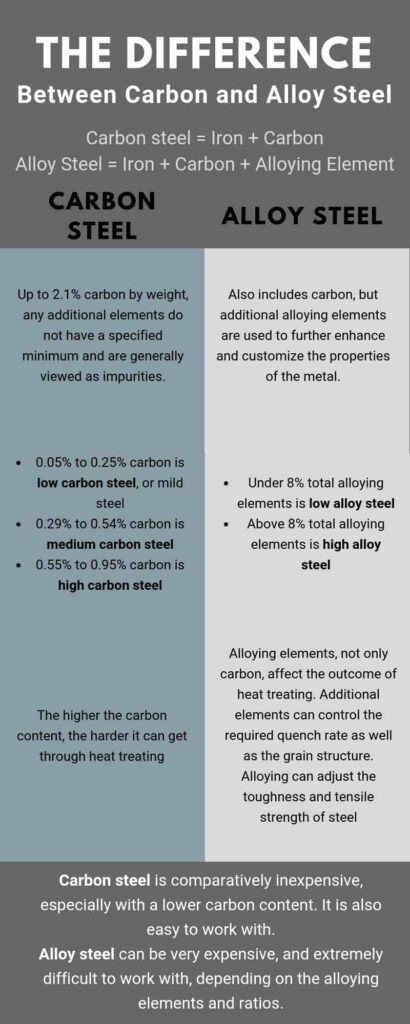Table of Contents
- Key Takeaways: Medical Injection Molding: Advancements and Applications
- Frequently Asked Questions
- What are the recent advancements in medical injection molding?
- How is medical injection molding used in the healthcare industry?
- What are the advantages of medical injection molding?
- How does medical injection molding ensure product quality and safety?
- What future applications can be expected for medical injection molding?
- Final Summary: The Future of Medical Injection Molding
Medical injection molding has come a long way in recent years, with significant advancements and a wide range of applications. From producing intricate medical devices to manufacturing components for drug delivery systems, this innovative technology has revolutionized the healthcare industry. In this article, we will explore the advancements in medical injection molding and delve into its various applications.
The field of medical injection molding has seen remarkable progress, thanks to advancements in materials, machinery, and manufacturing techniques. With the development of high-performance polymers and bio-compatible materials, manufacturers can now create intricate and complex medical devices with exceptional precision and durability. This has opened up new possibilities for designing and producing devices that can improve patient outcomes and enhance the quality of healthcare.
Medical injection molding finds applications in various areas of the healthcare industry. From manufacturing surgical instruments and implantable devices to producing drug delivery systems and diagnostic tools, this technology plays a vital role in improving patient care. The ability to create custom-made components with tailored features and properties has made medical injection molding indispensable in fields such as cardiology, orthopedics, ophthalmology, and more. With its versatility and efficiency, medical injection molding continues to push the boundaries of what is possible in medical device manufacturing.
In conclusion, medical injection molding has advanced significantly in recent years, enabling the production of complex and precise medical devices. Its applications in the healthcare industry are vast and varied, contributing to improved patient care and better treatment outcomes. As technology continues to evolve, we can expect further advancements in medical injection molding, leading to even more innovative solutions in the field of healthcare.
Medical Injection Molding: Advancements and Applications
Medical injection molding has revolutionized the healthcare industry by providing efficient and cost-effective solutions for the production of medical devices and components. This manufacturing process involves injecting molten material into a mold cavity, allowing it to cool and solidify, resulting in the desired shape and size of the product. With advancements in technology and materials, medical injection molding has become increasingly versatile, enabling the production of complex and precise components that meet the rigorous standards of the medical field.
One of the key advancements in medical injection molding is the development of specialized polymers that are biocompatible and safe for use in medical devices. These materials are designed to withstand the harsh conditions of sterilization processes, such as autoclaving or gamma irradiation, without compromising their mechanical properties. Additionally, they exhibit excellent chemical resistance, allowing for compatibility with various drugs and fluids used in medical applications. This has expanded the range of medical devices that can be produced using injection molding, including surgical instruments, implants, drug delivery systems, and diagnostic equipment.
Another significant advancement in medical injection molding is the incorporation of additive manufacturing techniques, such as 3D printing, into the process. This allows for the production of complex geometries and customized designs that are not achievable with traditional molding methods. Additive manufacturing also offers the advantage of rapid prototyping, enabling faster product development and iteration. This is particularly beneficial in the medical field, where quick turnaround times and the ability to customize devices for individual patients are crucial.
Additionally, advancements in injection molding machinery and automation have improved the efficiency and precision of the manufacturing process. Computer-controlled systems ensure consistent and accurate injection of the molten material into the mold, minimizing defects and waste. Robotics and automated systems streamline the production line, reducing labor costs and increasing productivity. These advancements have made medical injection molding a highly reliable and scalable manufacturing method, capable of meeting the demands of the healthcare industry.
In terms of applications, medical injection molding is widely used in the production of disposable medical devices, such as syringes, catheters, and IV sets. These devices require high levels of precision, reliability, and safety, which can be achieved through injection molding. The ability to mass-produce these components at a low cost makes them accessible and affordable for healthcare providers. Furthermore, injection molding allows for the integration of multiple components into a single device, reducing assembly time and improving overall functionality.
Another important application of medical injection molding is in the production of implants and prosthetics. The ability to create complex shapes and structures with high accuracy makes injection molding an ideal manufacturing method for these devices. Implants, such as joint replacements or dental implants, can be customized to fit the unique anatomy of each patient, ensuring optimal performance and comfort. Prosthetic devices, such as artificial limbs, can also be produced using injection molding, offering individuals with limb loss the opportunity to regain mobility and independence.
In conclusion, medical injection molding has experienced significant advancements in recent years, enabling the production of high-quality, customized, and cost-effective medical devices and components. The development of biocompatible materials, integration of additive manufacturing techniques, and improvements in machinery and automation have propelled this manufacturing process to new heights. With its versatility, efficiency, and precision, medical injection molding continues to play a crucial role in advancing healthcare and improving patient outcomes.
Key Takeaways: Medical Injection Molding: Advancements and Applications
- Medical injection molding is a process used to manufacture various medical devices and components.
- Advancements in medical injection molding technology have led to increased precision and efficiency in production.
- Medical injection molding is widely used in the production of items such as syringes, IV connectors, and surgical instruments.
- The use of specialized materials in medical injection molding ensures the production of safe and biocompatible medical devices.
- Medical injection molding plays a crucial role in improving patient care and enhancing medical procedures.
Frequently Asked Questions
What are the recent advancements in medical injection molding?
Medical injection molding has witnessed significant advancements in recent years. One key advancement is the use of high-performance materials that offer enhanced durability and biocompatibility. These materials, such as medical-grade thermoplastics, are specifically designed to meet the stringent requirements of medical applications.
Another notable advancement is the integration of automation and robotics in the injection molding process. This allows for precise control and consistency, resulting in superior quality and reduced production time. Additionally, advancements in mold design and manufacturing techniques have enabled the production of complex and intricate medical devices with high precision.
How is medical injection molding used in the healthcare industry?
Medical injection molding plays a crucial role in the healthcare industry by enabling the production of various medical devices and components. It is widely used in the manufacturing of syringes, IV catheters, drug delivery systems, surgical instruments, and diagnostic devices.
The ability of injection molding to produce complex geometries and intricate details makes it ideal for creating precise and reliable medical devices. Moreover, medical injection molding offers exceptional repeatability and scalability, allowing for high-volume production to meet the growing demand in the healthcare sector.
What are the advantages of medical injection molding?
Medical injection molding offers several advantages over traditional manufacturing methods in the healthcare industry. Firstly, it allows for the production of complex and intricate designs with high precision, ensuring the functionality and reliability of medical devices.
Furthermore, injection molding enables the use of a wide range of materials, including biocompatible and sterilizable options, to meet the specific requirements of medical applications. The process also offers excellent repeatability, consistency, and scalability, making it suitable for high-volume production.
How does medical injection molding ensure product quality and safety?
Medical injection molding incorporates rigorous quality control measures to ensure the safety and reliability of the produced medical devices. The use of advanced mold design and manufacturing techniques, along with automated processes, helps in achieving consistent and precise production.
Additionally, strict adherence to regulatory standards and guidelines, such as ISO 13485 and FDA regulations, is followed throughout the entire manufacturing process. This ensures that the medical devices meet the required quality and safety standards before they are released into the market.
What future applications can be expected for medical injection molding?
The future of medical injection molding holds immense potential for further advancements and applications. One area of focus is the development of innovative materials with enhanced properties, such as improved biocompatibility and antimicrobial properties.
Moreover, there is increasing interest in the utilization of additive manufacturing technologies, such as 3D printing, in conjunction with injection molding for the production of personalized medical devices and implants. This combination offers the benefits of customization, rapid prototyping, and overall cost-effectiveness for the healthcare industry.
Final Summary: The Future of Medical Injection Molding
As we conclude our exploration of medical injection molding advancements and applications, it’s clear that this technology is revolutionizing the healthcare industry. The combination of precision, speed, and cost-effectiveness offered by injection molding has opened up a world of possibilities for medical device manufacturers and healthcare providers alike.
The advancements in material science and manufacturing techniques have resulted in the production of high-quality medical devices that are safer, more efficient, and more affordable than ever before. From syringes and catheters to surgical instruments and implantable devices, injection molding has proven its worth in delivering reliable and consistent results.
Looking ahead, we can expect even more exciting developments in the field of medical injection molding. With ongoing research and innovation, we are likely to witness the emergence of new materials with enhanced properties, such as biodegradability and antimicrobial capabilities. Additionally, advancements in automation and robotics will continue to streamline the manufacturing process, increasing production efficiency and reducing costs.
In conclusion, medical injection molding has undoubtedly transformed the healthcare landscape, offering immense potential for improving patient care and outcomes. By harnessing the power of this technology, medical professionals can benefit from a wide range of high-quality, cost-effective devices that enhance diagnostic and treatment capabilities. As we move forward, it is crucial to stay abreast of the latest advancements in this field and embrace the opportunities they present for a healthier future.
Request a quote today!
[contact-form-7 id="1578" title="Contact form"]
Please compress the file into a ZIP or RAR file before uploading. Alternatively, send through your RFQ by email.
enquires@unitymanufacture.com





